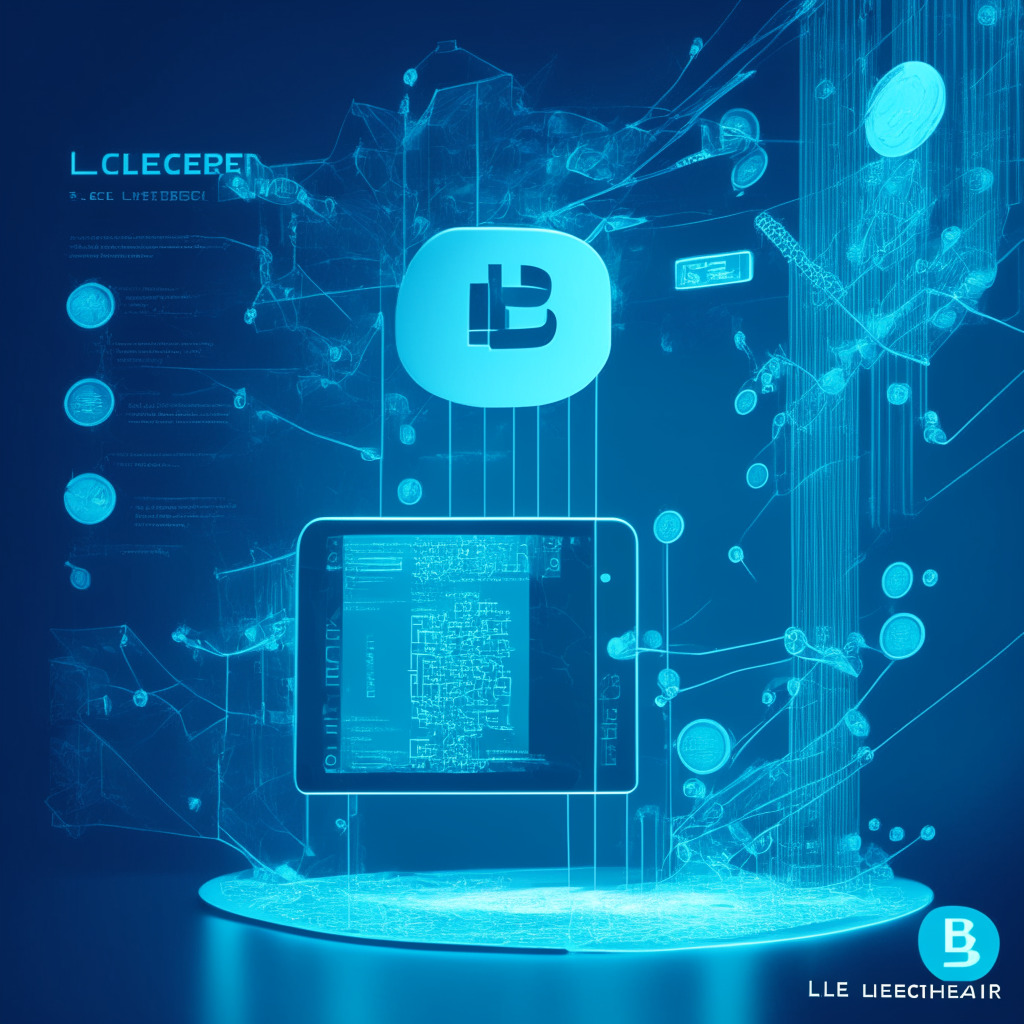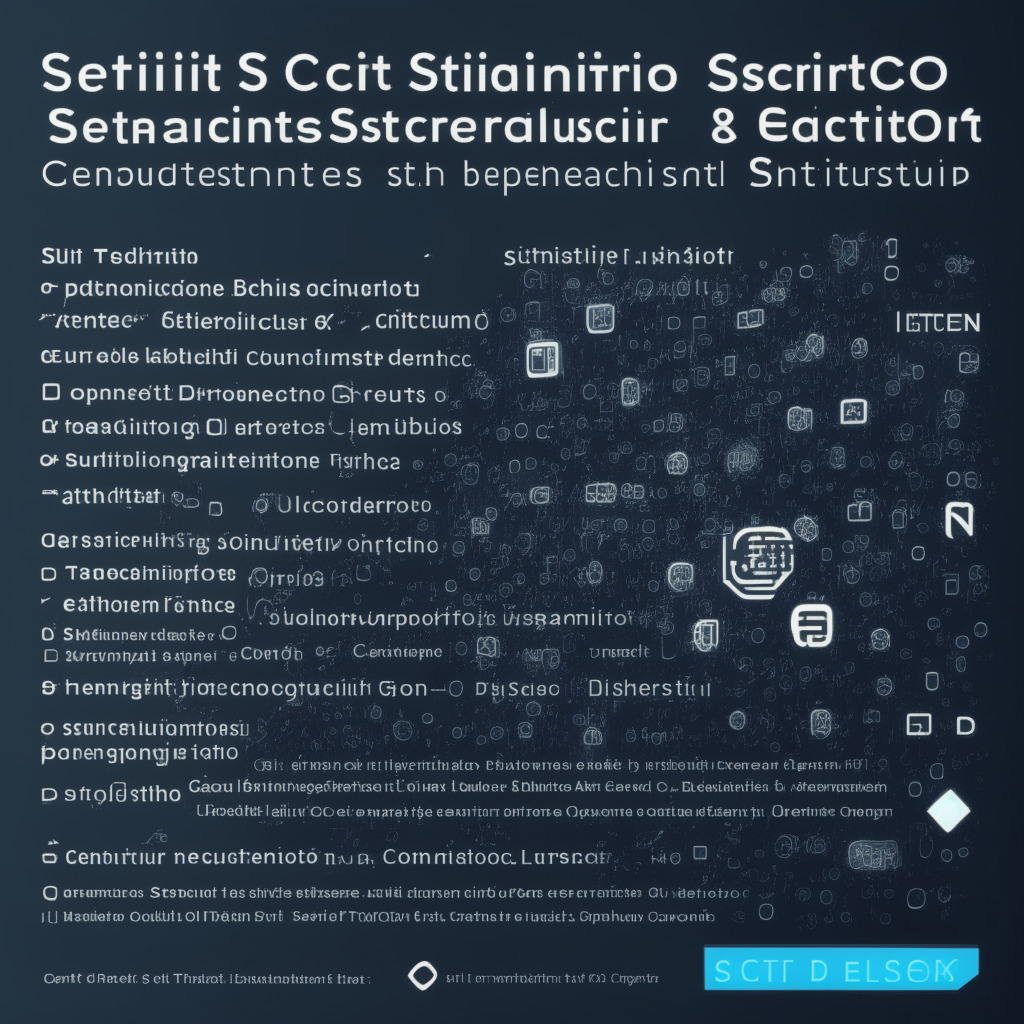Ledger recently introduced the Ledger Recover feature for its Nano X device, allowing users to encrypt and distribute seed phrases among different custodians. While Ledger claims enhanced security, concerns have been raised regarding ID verification and potential exposure to identity theft. Users must weigh potential benefits against associated risks in this multi-custodian recovery process.
Search Results for: Ledger Nano S
Seamless Crypto Transactions: Ledger Live Integrates PayPal to its Platform
Hardware wallet producer Ledger has integrated its Ledger Live software with PayPal to allow US-based PayPal account holders to acquire digital assets directly. This new feature enables immediate transfer of cryptocurrencies such as Bitcoin, Ether, Bitcoin Cash, and Litecoin to the user’s wallet, eliminating the need for a separate withdrawal process. This integration aims to simplify crypto transactions while ensuring high security.
Ledger’s Recover Service: Securing Crypto Self-Custody or Compromising Privacy?
Ledger introduces “Recover”, a product for easier self-custody without compromising security by associating crypto wallets with ID documents. However, concerns over security and privacy have led to backlash, prompting Ledger to speed up their open-sourcing roadmap for increased verifiability.
Optional Wallet Recovery Feature: Ledger Addresses Community Concerns & Skepticism
Ledger’s CTO, Charles Guillemet, addresses community concerns over the wallet recovery feature, emphasizing it as an entirely optional choice for users. Despite skepticism, Guillemet reassures that neither Ledger nor trusted providers can access user secrets or passphrases.
Debate Rages Over Ledger’s Seed Phrase Recovery: Security Risk or Added Protection?
The crypto community is divided over Ledger’s seed phrase recovery feature, Ledger Recover, which divides the user’s seed phrase into three encrypted fragments sent to external entities. Critics argue it undermines hardware wallets’ security principles, while supporters appreciate the added security layer.
Securing the Gatekeepers: Safeguarding Your Cryptocurrency Private Keys
“Private keys in the digital asset universe are secure gatekeepers, providing access to your prized cryptocurrencies and data. Secure storage methods include hardware wallets, paper wallets, encrypted USB drives, cold storage, cryptocurrency vault services, password managers, and key-splitting. Your choice should consider your specific needs, tech expertise, and risk tolerance.”
Samsung and Bank of Korea: Pioneering Offline CBDC Technology and its Implications
Samsung Electronics partners with the Bank of Korea to conduct research and develop an ecosystem for a Central Bank Digital Currency (CBDC). They aim to collaborate in the offline payment sector and expand the global growth of offline CBDC technology, enabling secure and device-to-device transactions through near-field communication.
Courageous Move Saves FTX Cryptocurrency Exchange from Potential Theft Debacle
“In a daring rescue, adviser Kumanan Ramanathan from Alvarez & Marsall helped prevent a major crypto robbery at FTX crypto exchange. Amidst chaos, Ramanathan utilized a Ledger Nano hardware wallet to secure remaining assets, preventing further losses and saving millions in the process.”
Navigating the Crypto Landscape in Dubai: A Guide to Buying Bitcoin and Understanding Risks
Dubai is rapidly embracing digital revolution, proving its support for the expanding crypto market, offering access to many exchanges and a tax-free structure for crypto trades. Although cryptocurrencies aren’t recognized as legal tender, no law prevents purchasing, owning, or trading them, coupled with some level of regulation for investor protection. However, the volatility and risks inherent in the digital currency world call for cautious investment behavior.
Prospects and Pitfalls of a Regulated Liability Network in Revolutionizing Wholesale Payments
Financial giants Citigroup, HSBC, and BNY Mellon are experimenting with a “regulated liability network” for negotiating wholesale payments via shared ledgers, which may revolutionize the handling of payments. However, questions regarding security, implications for CBDCs and private stablecoins, and the potential for increased digital bureaucracy persist. This suggests a need for careful investigation and a balanced perspective on the potential risks.









